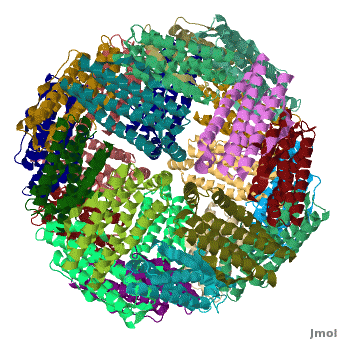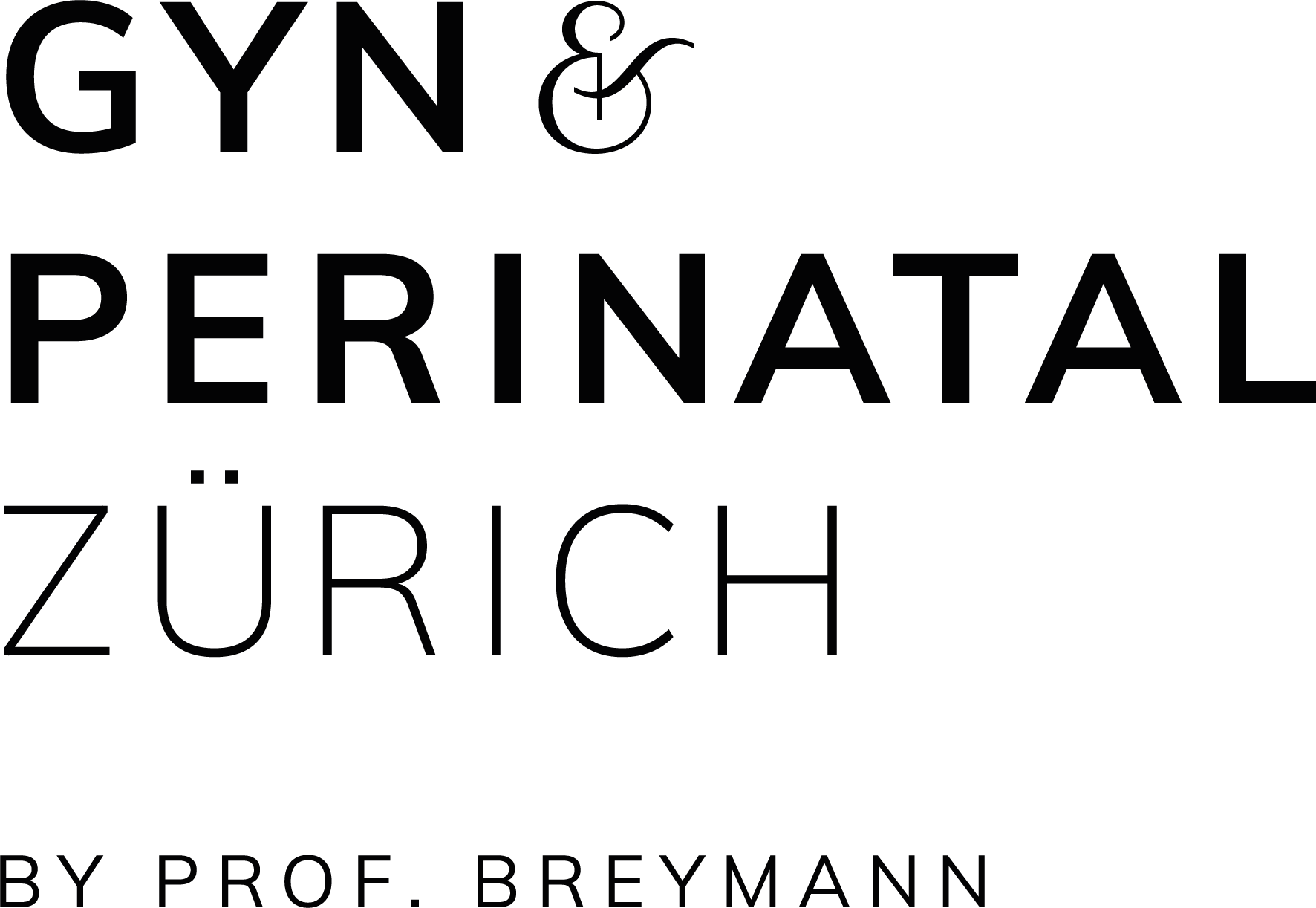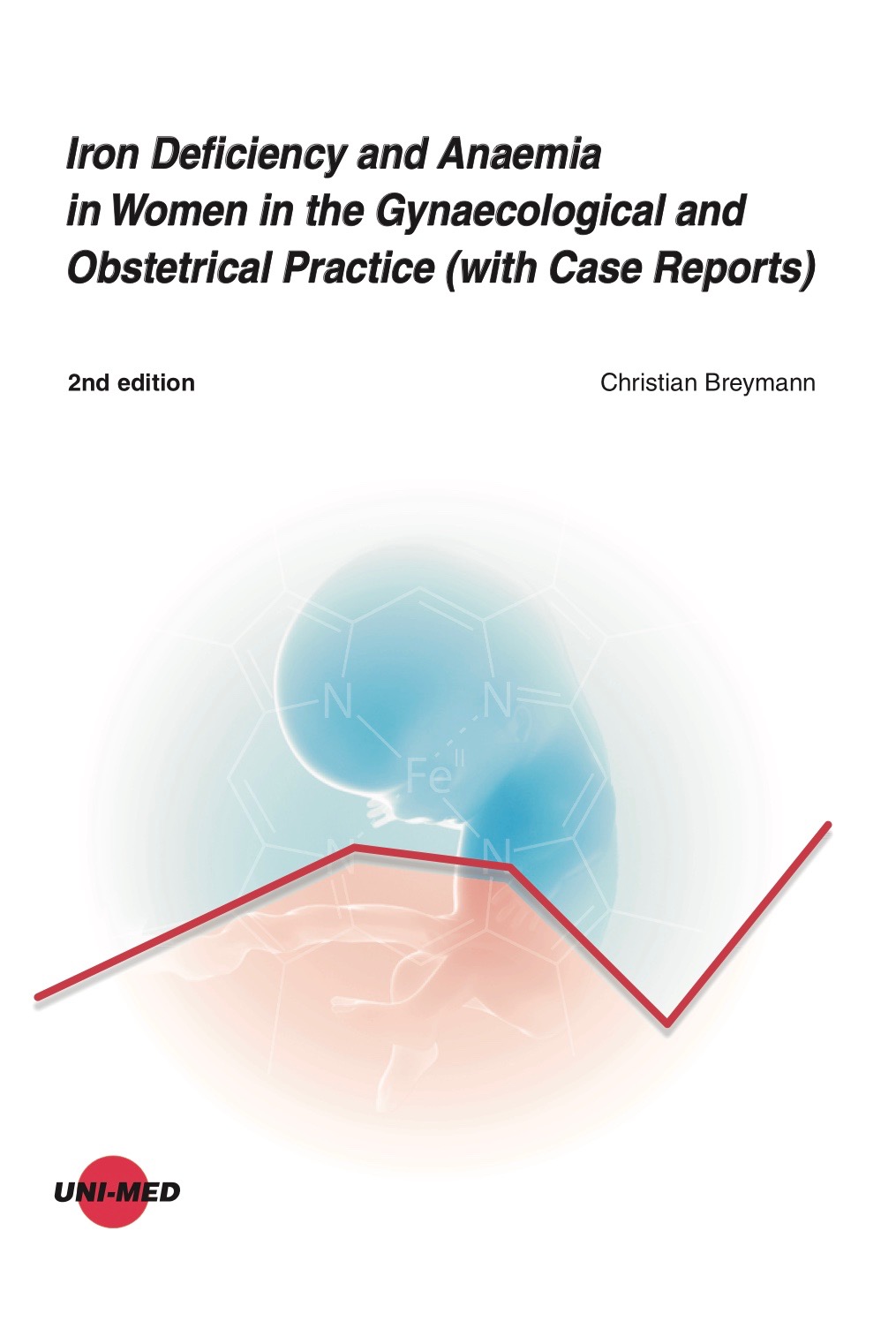Iron tablets have been the standard of care for iron deficiency in women for decades. It was neglected that iron supplements often have undesirable side effects such as constipation and gastrointestinal side effects. Furthermore, iron tablets are insufficiently absorbed by the intestines of some women.
However, there is no question that iron tablets have their place in the prophylaxis of iron deficiency or in mild iron deficiency states.
As an alternative to iron tablets or oral iron preparations, we can now administer iron infusions, i.e. high doses of liquid iron via the vein, for severe and chronic iron deficiency.
These iron infusions are very effective, work quickly and are generally also well tolerated. In many cases, we can quickly correct an iron deficiency with the iron infusion and thus contribute to women's health.
We attach great importance to the fact that iron infusions are only given for the right indication and to the "right" patients. These are mostly women who do not tolerate iron tablets or for whom the tablets do not work. We carry out a precise iron diagnosis and advise you on which iron preparation is best for you.
Finally, iron therapy should be sustainable, i.e. iron therapy only works if the cause of the iron deficiency, such as excessive menstrual bleeding, is also taken into account and treated if necessary.







